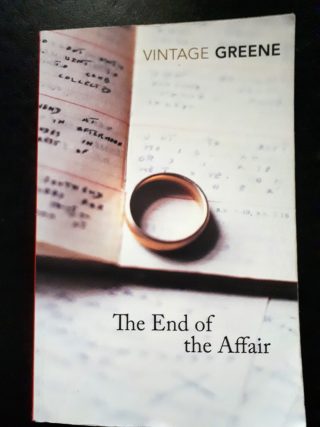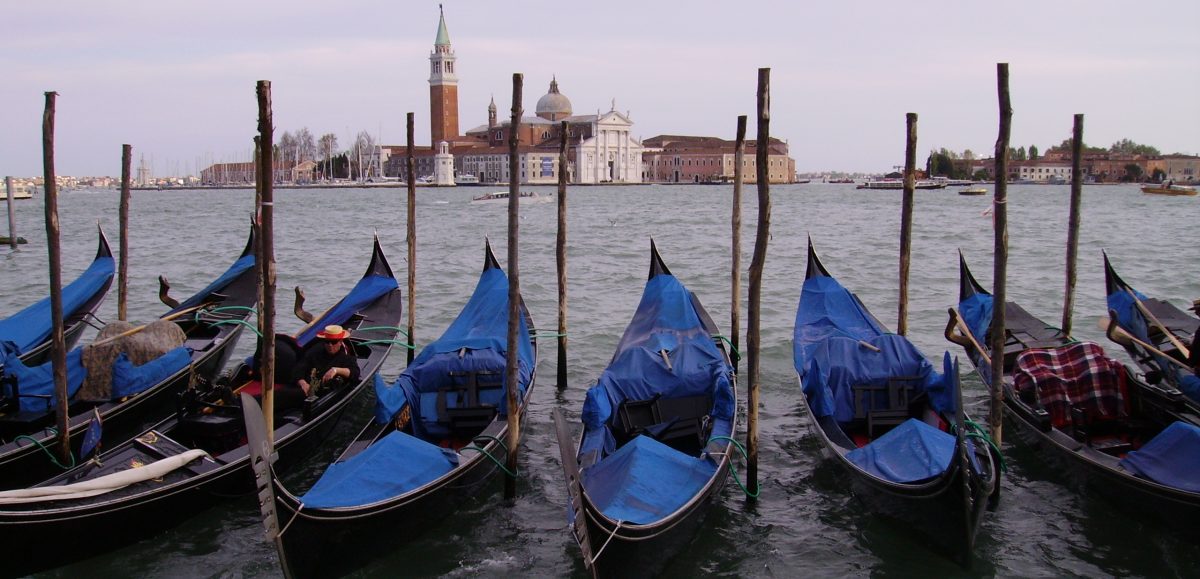 The End of the Affair, di Graham Greene (Ed. Vintage) non è solo la storia di un tradimento, di un rapporto di amore-odio, ma racchiude anche dolorosi interrogativi sulla fede e sul lavoro creativo, ma faticoso della scrittura.
The End of the Affair, di Graham Greene (Ed. Vintage) non è solo la storia di un tradimento, di un rapporto di amore-odio, ma racchiude anche dolorosi interrogativi sulla fede e sul lavoro creativo, ma faticoso della scrittura.
Così inizia il romanzo:
“A story has no beginning or end: arbitrarily one chooses that moment of experience from which to look back or from whcich to look ahead”.
La scrittura:
“I was trying to write a book that simply would not come (… “So much in writing depends on the superficiality of one’s days. One may be preoccupied with shopping and income tax returns and chance conversations, but the stream of the unconscious continues to flow undisturbed, solving problems, planning ahead: one sits down sterile and dispirited at the desk, and suddenly the words come as though from the air: the situations that seemed blocked in a hopeless impasse move forward: the work has been done while one slept or shopped or talked with friends.” )” (p.12)
Amore e gelosia:
“I refused to believe that love could take any other form than mine: I measured love by the extent of my jealousy, and by that standard of course she could not love me at all.” (p.43)
